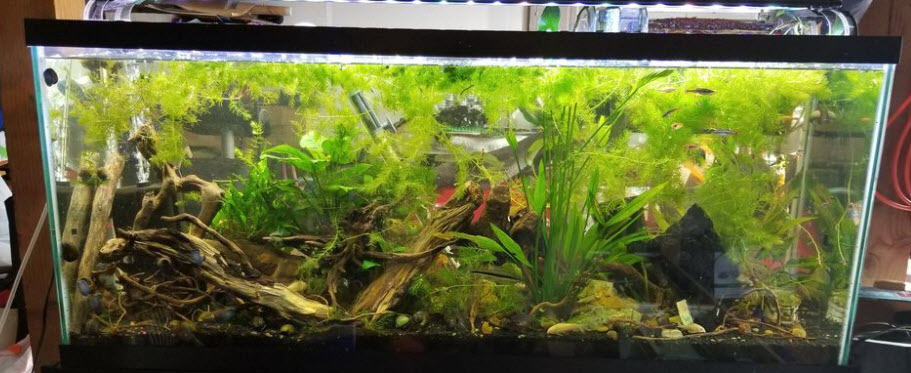
Probably the biggest myth out there is that tropical fish need close attention to temperature, pH, GH and KH. Almost all tropical fish do very well between 70 and 90 degrees and 6.5 to 8.5 pH. The water parameters KH and GH (i.e. “hardness”) are completely unimportant unless you are breeding blackwater fish or doing cycling. Most tap water is fine for all fish. Add conditioner if the water has chlorine in it and you’re good to go.
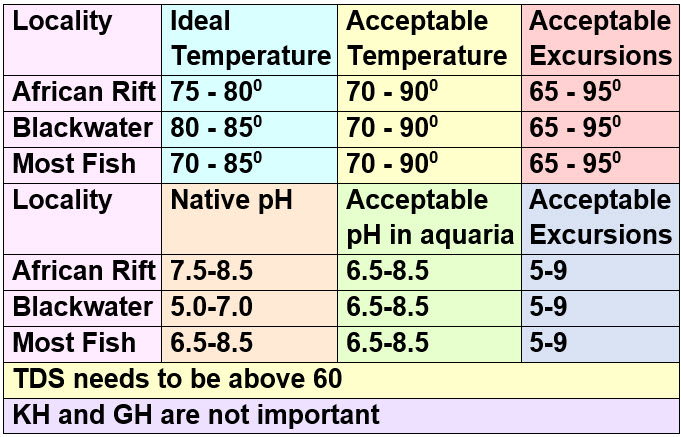
.
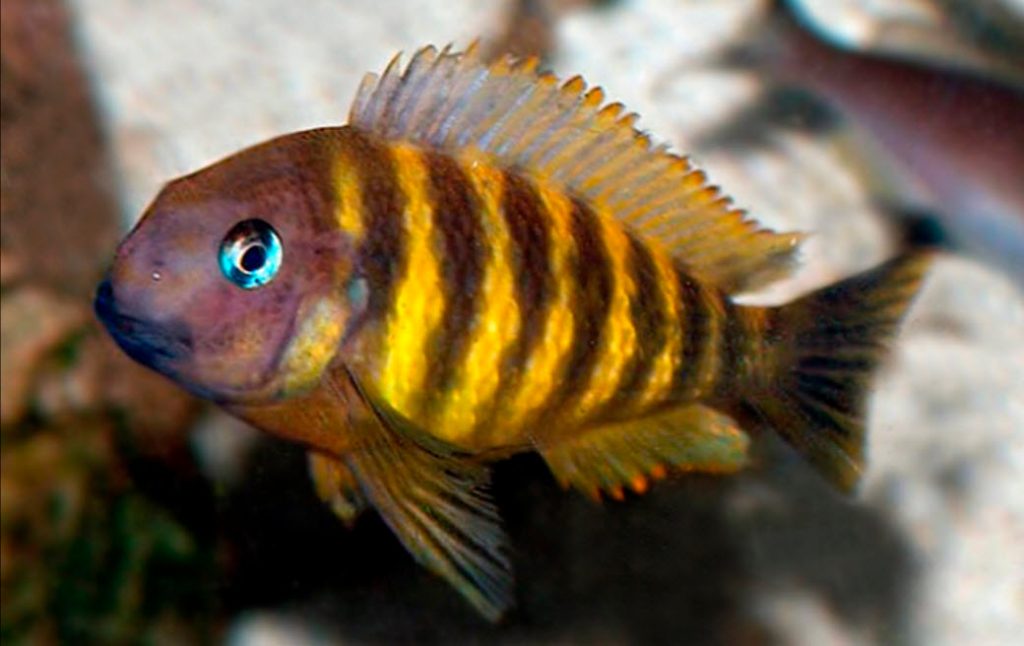
There are some goals for aquarium water. They are:
Temperature should be in the proper range for the fish species, with the understanding that these ranges are quite broad, 65 to 95 degrees being typical. Click on this link to see this discussion
4.2. Aquarium Temperatures
The water needs to be as crystal clear and bacteria free as possible. This requirement is very important but rarely even mentioned or discussed. Click on this link for this discussion
4.3. Free Floating Bacteria
pH is simply not very important. All fish kept in the aquarium trade do just fine at any pH from 6.5 to 8.5. Ideally one shouldn’t keep Amazon fish over 8.0 pH or Rift Valley African cichlids lower than 7.0 pH but that is hardly a tight requirement or rule. People violate this guideline all the time and the fish are fine. Click on this link for this discussion
4.4. Aquarium pH
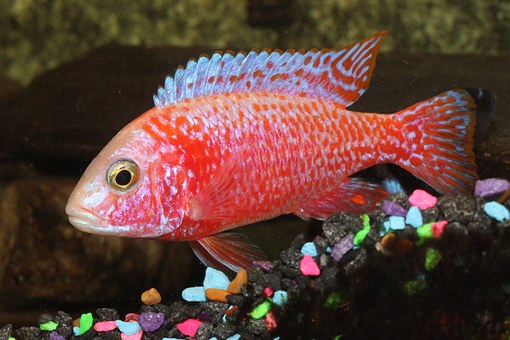
Hardness is of little consequence except GH is of some importance in breeding some fish and while cycling. Click on this link for this discussion
4.5. Water Hardness
There are two types of hardness. “Hardness” or “General Hardness” (GH) is important for breeding some fish and is examined in this link:
4.5.1. General Hardness (GH)
“Alkalinity” or “Carbonate Hardness” (KH) is simply not important unless one is doing cycling. KH, pH and carbon dioxide are all related via a complex equilibrium. This is the “Bermuda Triangle” of fish keeping. Go there and you may never come out. I just ignore KH completely except when I’m cycling an aquarium. For more on the topic go to this link:
4.5.2. Carbonate Hardness (KH)
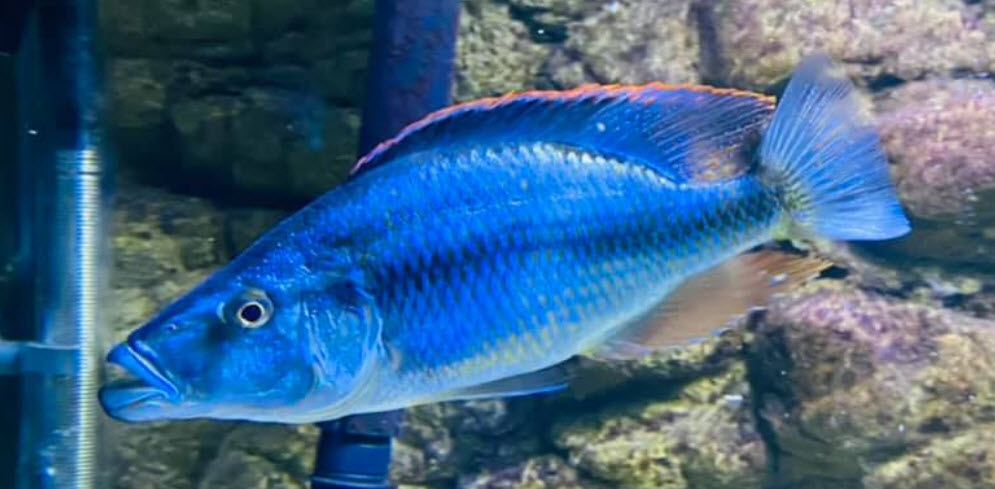
Salts are not important so long as most fish have a little. If one has RO water they take on more significance. Total dissolved solids (i.e. all the salts combined) should be above 60 ppm. Click on this link for this discussion
4.6. Salts in the Water
And some well intentioned but ill-informed individuals push the concept that “ORP” and “Redox” are important in the aquarium. They are not important. This is examined in this link:
4.10. ORP and Redox in the Aquarium
One myth to be dispelled here is that fish which have been bred in captivity are somehow more resistant to high or low pH and hardness excursions. Click on this link for this discussion
4.7. Fish Tolerance to pH
Another myth to dispel is the concept of “stability” in water parameters. The myth is that it is vital to keep a fish from having a swing in pH or a swing in temperature. This simply is not true (oh, I hear many hobbyists yelling “THAT’S NOT TRUE, WITHOUT STABILITY THE FISH WILL STRESS OUT AND DIE“). This myth is parroted repeatedly every day on social media. There is no scientific backing for this myth and a lot of science which says it simply is not true. Click on this link for this discussion
4.8. Stability is Not Important
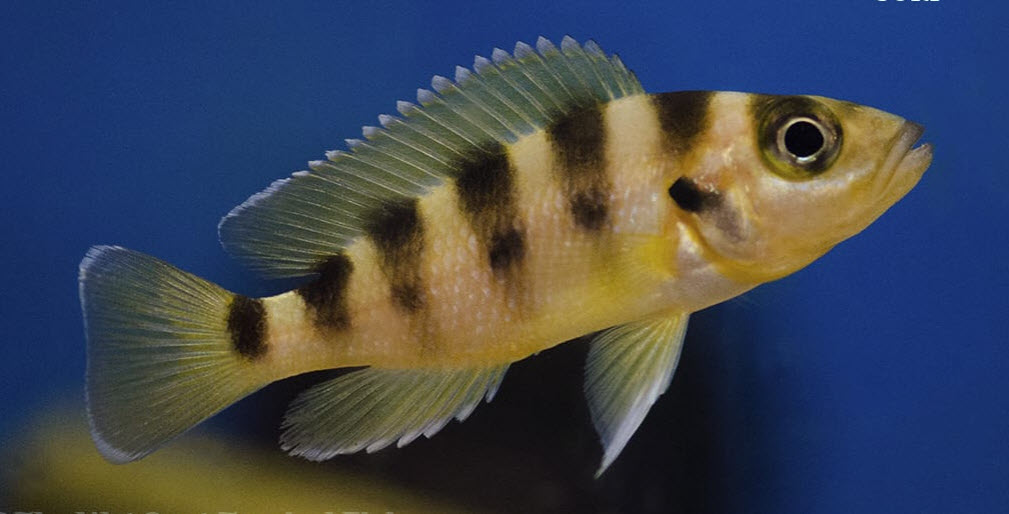
There are four “toxic” chemicals to worry about in tropical freshwater aquariums. There are two different toxicities to worry about: chronic toxicity (the “Alarm” level below), where death is in months or years and acute toxicity (the “Toxic” levels below) where death is in hours or days. For the three nitrogen compounds on this list the toxicities are as follows:
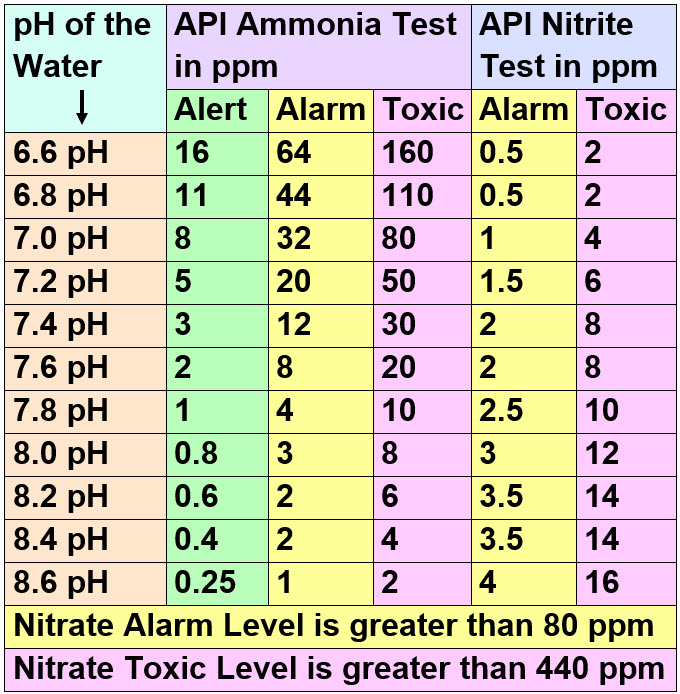
Again, fish will vary considerably in their sensitivity due to their origins and their age, with fry being much more sensitive. The levels above are for the most sensitive fish. Some fish, such as goldfish, will survive and thrive with levels much higher than what is listed above.
The numbers for the toxicity of ammonia, nitrite and nitrate will come as a shock to most experienced hobbyists. But the numbers are supported by a lot of research by universities. They are solid. Ammonia, nitrite and nitrate are not as toxic as we have all been led to believe.
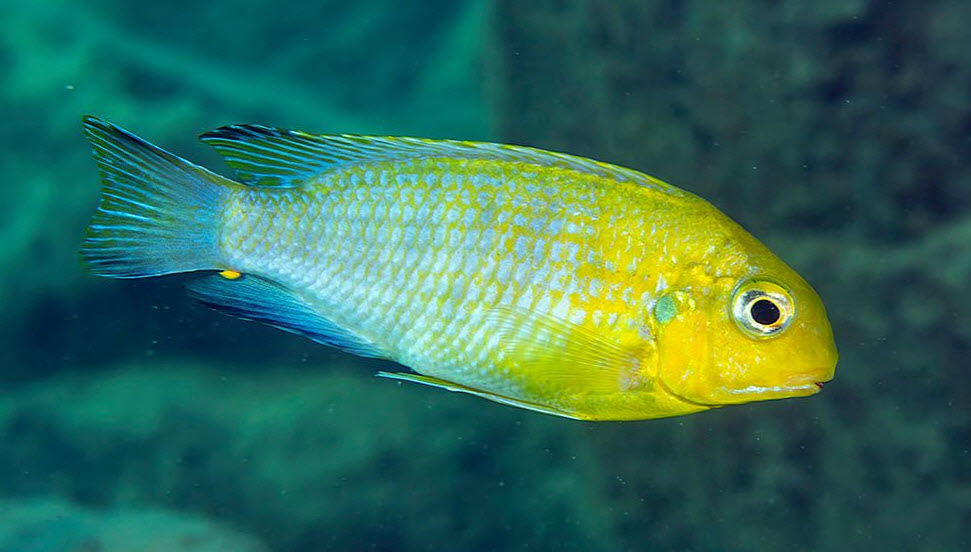
These four toxins are covered in more depth in these links:
5. Ammonia, Nitrite, Nitrate and Chlorine
5.2. Safe Ammonia Levels
5.3. Safe Nitrite Levels
5.4. Safe Nitrate Levels
5.5. Chlorine and Chloramine
Water Parameters and Disease
On social media when a newcomer comes on with a disease like ich one constantly sees “What are your water parameters? ammonia? nitrite? nitrate? pH?” This emphasis on water parameters being the cause of fish diseases is well intentioned but simply incorrect. Ammonia, nitrite, nitrate, pH, KH and GH have nothing to do with fish diseases.
Ich is not caused by out of whack water parameters! Ich is caused by the ich organism, pure and simple. And the same holds true for most other diseases of fish. Joey Mullins (the “King of DIY” on YouTube) got ich and his tanks are absolutely some of the most pristine and healthy you will find, with perfect water parameters. Ben O’Cichlid of YouTube got columnaris in his pristine, ultra clean tanks with perfect water parameters.
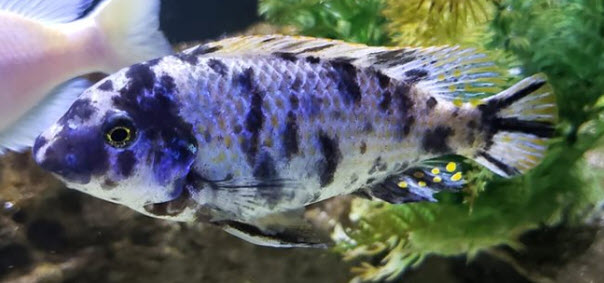
The few fish diseases which are caused by water parameters are diseases like epistylus or tetrahymena which are caused by bacteria in the water. And the only way to figure out the bacteria load in the water is by water clarity. I see no one asking the one important question about the water: “If you look down the length of your aquarium how clear is the water? Dull? Milky? Crystal clear?”
The only item on the listing above which contributes to disease is the bacterial count in the water. And this parameter is not measurable other than looking at water clarity. Bacterial count can bring on all diseases indirectly by lowering the fish’s resistance to disease pathogens. The other parameters do not cause disease and are of little use when diagnosing diseases.
.
Return to Temperature, pH, KH and GH
.
Aquarium Science Website
The chapters shown below or on the right side in maroon lead to close to 400 articles on all aspects of keeping a freshwater aquarium. These articles have NO links to profit making sites and are thus unbiased in their recommendations, unlike all the for-profit sites you will find with Google. Bookmark and browse!
.
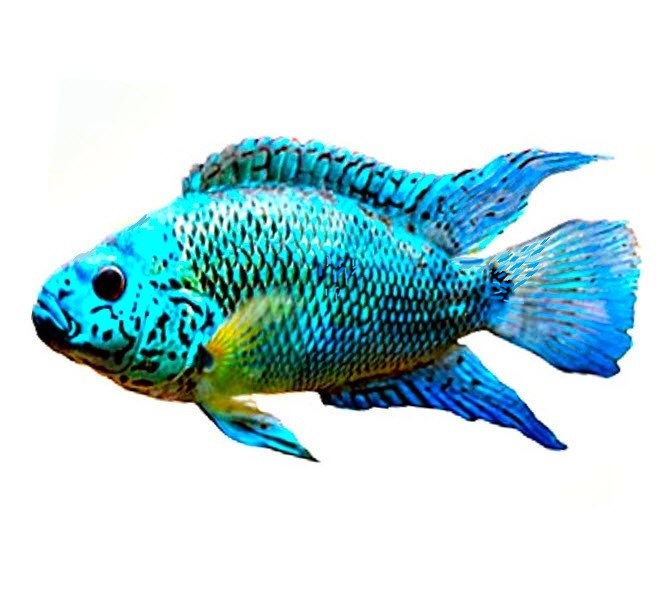
Andrea Hendrickson says
Hello! I came across your website on a Reddit post debating your website. I’ve found everything on this site to be super useful and informative. Which is why I’m hoping you can answer a question for me that I’ve received mixed feedback on. I don’t have an aquarium I have a small pond it’s 3.5′ in diameter and has about 10″ of water. This is temporary while a larger pond is being built. For water clarity though, I’m running it like an aquarium. Crystal clear water has been the standard since I created it. I was sold a few dozen very sick fish, (Rosy red minnows, comet goldfish, and an 8 inch Pleco) I’ve nursed them all back to health indoors, which is how I came across your site, treating the water was ineffective, treating the food cleared them up. I’ve moved the minnows back to the pond, all of the goldfish died, and now I have this pleco. I told the fish store people that it was going in a pond and they assured me that the temperatures in the winter in southeast Texas would be okay for it. My research though says otherwise. Right now the water is reading at 68.4, and I’m sure colder nights will come. I’ve invested so much time in keeping these fish alive, I’d hate to move it out there and the temperature kills it. What is your opinion on a sailfin pleco surviving in colder waters?